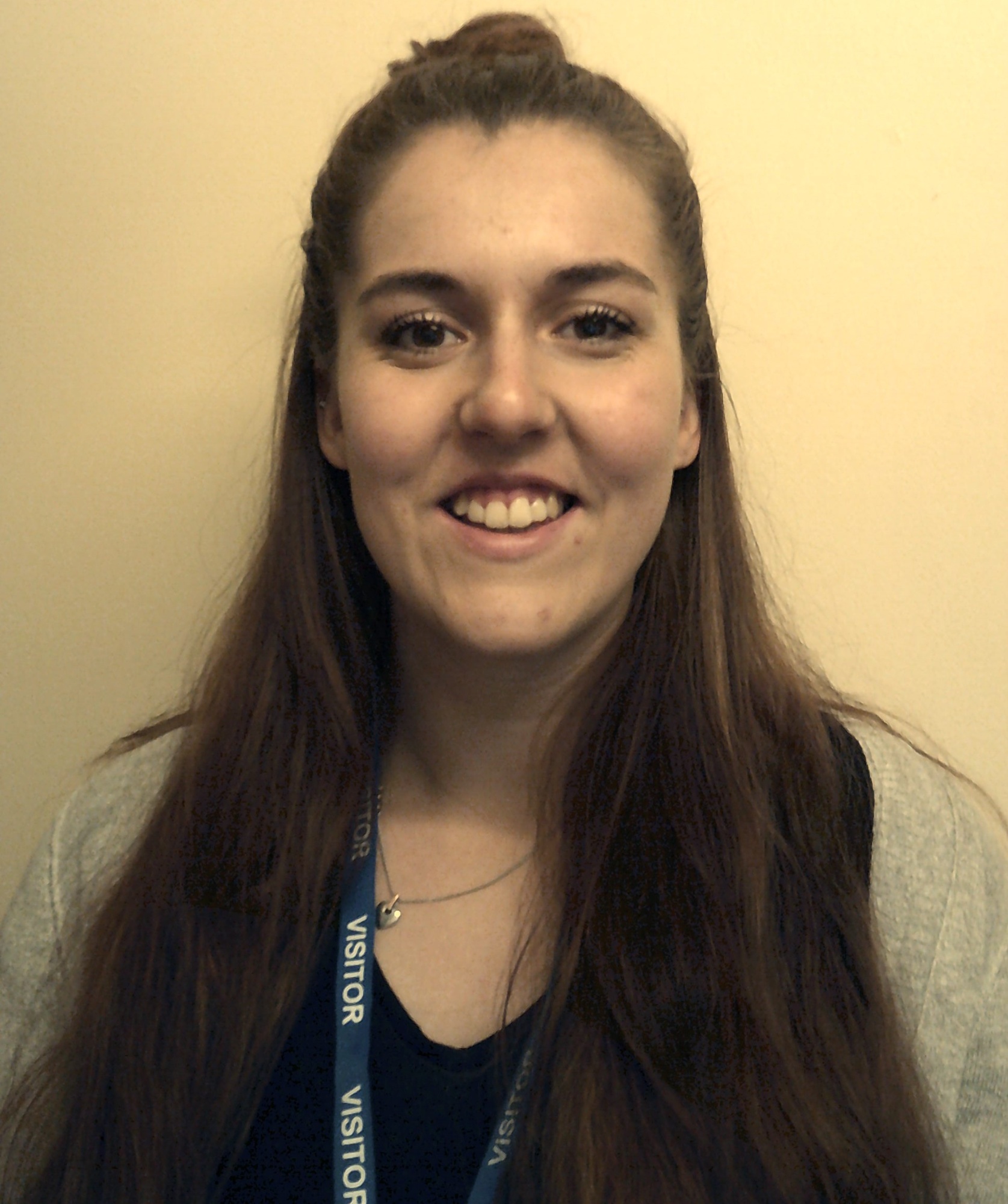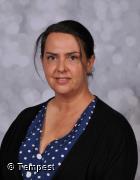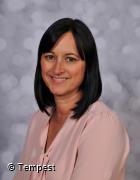Reception
Welcome to Reception
Welcome to Reception
This is our class page. Here you will find information about the EYFS in general, our class and what we have been doing.
Reception Staff:



Mrs Goodwin - Teacher Mrs Woods - Teacher Mrs Ciufo - Teaching Assistant Mrs Palmer - Teaching Assistant
EYFS Intent, Implementation and Impact Statement
Intent
At St Mary’s, we provide our children with a curriculum that is designed to be flexible, engaging and exciting so that their unique, passions and interests are embraced.
Every child is an individual and we celebrate and respect differences within our school community. It is our intent that children who enter our Reception class begin their lifelong learning journey by developing physically, verbally, cognitively and emotionally whilst also embedding a positive attitude to school and a love of learning.
To ensure children make strong progress in our reception class it is our intent to take into consideration their starting points and needs of our pupils as they begin their learning journey. Every child has access to a broad, balanced and differentiated curriculum which maximises opportunities for meaningful cross-curricular links and learning experiences.
Our aims:
To create a learning environment and build relationships which support, enhance and invite a child’s curiosity, confidence and individual competency to flourish regardless of backgrounds, circumstances or needs.
We aim to work collaboratively with parents and cares to encourage independent, enthusiastic learners who thrive and reach their full potential.
Plan for our children’s interests and provide opportunities throughout our EYFS curriculum to support learning, consolidate and deepen knowledge and ensure children meet their next steps.
Provide our children with a wide range of rich, first hand experiences to take the curriculum beyond the classroom.
Foster the development of each child’s character. Personal development, health and wellbeing preparing them to make a valuable contribution to society.
Provide purposeful, enticing and well planned indoor and outdoor environments which supports learning in all areas of the curriculum.
Prepare children to reach the Early Learning goals at the end of the Foundation Stage and ensure children make at least good progress from their starting points.
Implementation
Each half term EYFS staff introduce a new topic to provide inspiration for learning whilst providing the flexibility for children to follow their own interests and ideas. Children learn through a balance of child-led and adult-led activities during each day.
Our reception children follow the Early Years Foundation Stage curriculum and work towards the Early Learning Goals. The 7 areas of learning are:
Three prime areas
- Communication and Language
- Physical development
- Personal, Social and Emotional Development
Four specific areas
- Literacy
- Mathematics
- Understanding the World
- Expressive Arts and Design
The core aims of the EYFS curriculum is to provide the children with the best possible start and to support them to reach their full potential. As children grow and progress the prime areas will support them to develop skills in the four specific areas. We also need to ensure that activities support the Characteristics of Effective Learning; Playing and Exploring – children investigate and experience things and have a go. Active learning – children concentrate and keep on trying if they encounter difficulties and enjoy achievements. Creating and Thinking Critically – children have and develop their own ideas, make links between ideas and develop strategies for doing things.
Learning in the reception class takes place both indoors and outdoors, our outdoor area is used all year round and have areas to reflect all 7 areas of the curriculum. Our topics are based on providing our children with experiences which motivate the children and are deeply rooted in the love of stories and reading. A range of rich first hand experiences; inside, outside, visitors and trips to widen experiences, awe and wonderment.
The timetable is carefully structured so that children have directed teaching during the day, these sessions are followed by small focused group work. This means that we can systematically check for understanding, identify and respond to misconceptions quickly. Which results in a strong impact on the acquisition of new learning, address misconceptions and plan for next steps. Children are provided with plenty of time throughout the day to ‘play to learn’ both inside and outside, this time allows the children to work independently and work collaboratively with their classmates and staff. Effective continuous provision support our children to develop key life skills such as independence, innovation, creativity, enquiry, analysis and problem solving. The timetable changes throughout the year as we take into consideration the changing needs of our children. The curriculum is planned for inside and outside classrooms and equal importance in given to learning in both areas.
Phonics
We follow the Phonics Bug programme to ensure consistency across the school. Phase 1 concentrates on developing children’s speaking and listening skills and lays the foundation. The emphasis in Phase 1 is to get children attuned to the sounds around them and ready to begin developing oral segmenting and blending skills. Phase 1 should start before the children come to school.
In Reception we continue to work on our Phase 1 skills but move on to learning Phase 2 and 3 sounds, grapheme – phoneme correspondence and segmenting and blending words. As well as tricky words and high-frequency words. During the summer term we move to phase 4.
Children are encouraged to read at home 4 times a week and are heard 1:1 read weekly at school. They are listened to read regularly in phonics and literacy sessions as well. Children are given books that match their phonetic knowledge so they can apply their learning and develop their reading skills.
Literacy/Communication & Language
Reading is at the heart of our curriculum and our aim is to encourage a love of reading right from the very start. In Reception we expose the children to a variety of high quality texts throughout the topics we choose. These books are chosen to not only develop a love of reading but are also chosen to develop their oracy, vocabulary and comprehension skills. The books chosen are embedded into activities, story sessions and are on display for the children to access independently. The children begin to develop new vocabulary, language patterns and retelling of the stories.
Mathematics
Throughout the school we follow the White Rose Maths Scheme. For Reception these are divided up into 3 weekly units. High quality learning environments and meaningful interactions with adults, support children in their development of mathematical thinking and discussions.
The children learn through games, songs, rhymes and tasks using a variety of concreate manipulatives, pictorial structures and representations which are then rehearsed and applied within their play to learn time. There is a focus on the following counting principles; one to one correspondence, stable order and cardinal principle.
Wider Curriculum
Our wider curriculum is taught through these learning areas ‘Personal Social and Emotional, Physical, Understanding of the World, Expressive Arts and Design’. Reception staff have a good understanding of how the ELG’s feed into the National Curriculum, in reverse colleagues throughout the school are aware of the ELG’s that link to each subject and the progress for the subject.
Exciting, purposeful and contextual activities are planned to build on children’s natural curiosity. For example building a bridge for some story characters to go across enables them to think like a scientist and an engineer as they explore the range of materials and test their own ideas. It builds their oracy skills by using subject specific language and terminology.
Our inclusive approach means that all children learn together but we offer a range of additional interventions and support, to children who may not be reaching their potential, or those who are showing greater depth and need further challenge. This may include, for example, sessions for developing speech and language, social skills, fine motor skills and phonics.
Monitoring
Regular monitoring of teaching and learning by SLT to ensure that staff develop good subject knowledge.
- Learning walks and discussions with children
- Lesson observations (Headteacher, Subject leaders)
- Learning Journey/Book Looks to monitor progress
- Pupil progress meetings
- Internal and OLOW moderation and monitoring meetings to ensure quality and accurate moderation.
Ensure that staff receive CPD specific to Early Years to develop their practice.
Impact
We aim to ensure all children progress through a balanced and creative EYFS curriculum. We strive to ensure each child makes a very good level of progress through the Early Learning Goals, from their individual starting points. All children get the best possible start to their school life and develop the knowledge and skills to reach and exceed their potential in KS1. To check that we are achieving this we take the following measures;
Baseline
Prior to the children starting our Reception class the time is taken to speak to parents, previous settings and reading previous learning journeys to help us to gain the best possible understanding of the whole child and where they are at when they start. During the first half term of Reception staff use ongoing assessments, conversations and observations to develop a baseline assessment. This identifies each individual child’s starting points in all areas so that we can plan experiences to ensure progress. These start points are varied and diverse, therefore we have high expectations to ensure that all children make ‘strong progress’ across all the areas of the EYFS curriculum. Progress is evident in learning journals (Tapestry), books and data - this information is tracked on Insight (our schools data system). We strive for children to reach the Early Learning Goals at the end of Reception and to be at least in line with the National Expectations.
A language assessment is also completed with all children in Reception during the baseline period. This is used to identify the children’s understanding of language. It allows us to see those children who are at the expected level, those who need intervention and those who may need to be referred to Speech and Language Therapy.
Ongoing observations
All ongoing observations are used to inform weekly planning and to identify children’s next steps. This formative assessment does not involve periods of time away from the children or excessive paper work. Reception staff draw on their knowledge of the child and use professional judgements through discussions with each other, photographs and physical examples e.g. some writing/drawings. Some observations are uploaded using Tapestry and shared with parents and carers. Evidence in the children’s learning journeys support all areas of the EYFS curriculum.
Assessments
Phonic assessments are carried out every term to identify children that are not making expected progress. Our aim is for children to ‘keep up’ rather than ‘catch up’ where possible. Assessments are completed three times a year and the children’s progress is updated on Insight. In Summer Term 2, the EYFS is completed where the class teacher judges whether the child has met all 17 ELG’s. The children are assessed as either ‘emerging’ or ‘expected’. While there is no judgement to state if a child is exceeding beyond an ELG, the class teacher has a duty to provide a narrative for both parents/carers and the Year 1 teacher.
Impact is also evident through our successful transition into Year 1. EYFS staff have a good understanding of how ELG’s link to the National Curriculum and through our planning and delivery of all areas of the curriculum – both core and foundation – children leave the Reception class with the skills, knowledge and confidence to continue their journey as scientists, historians, artists, musicians, geographers and sportspeople
Reception EYFS Overview
EYFS Curriculum
- Curriculum Overview
- EYFS Progression
- EYFS Literacy Spine
- Art & DT
- Maths
- Geography
- History
- PE
- Music
- Science
Early Years Foundation Stage guide
Phonics
Curriculum Letters
Parent Information
- Reception baseline assessment Information
- Bug Club Login
- Oak Academy
- Phonics Play
- Alphablocks
- Number Blocks
- Top Marks Number
- Counting Games
- Reception One Hundred Recommended Books to Read
For logging into Bug Club, please refer to your child's reading diary for their username and password. The school code is trqh
Photo Gallery
Please see our photo gallery below.
